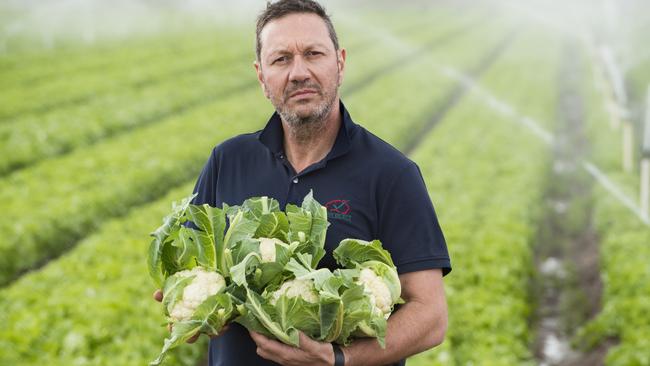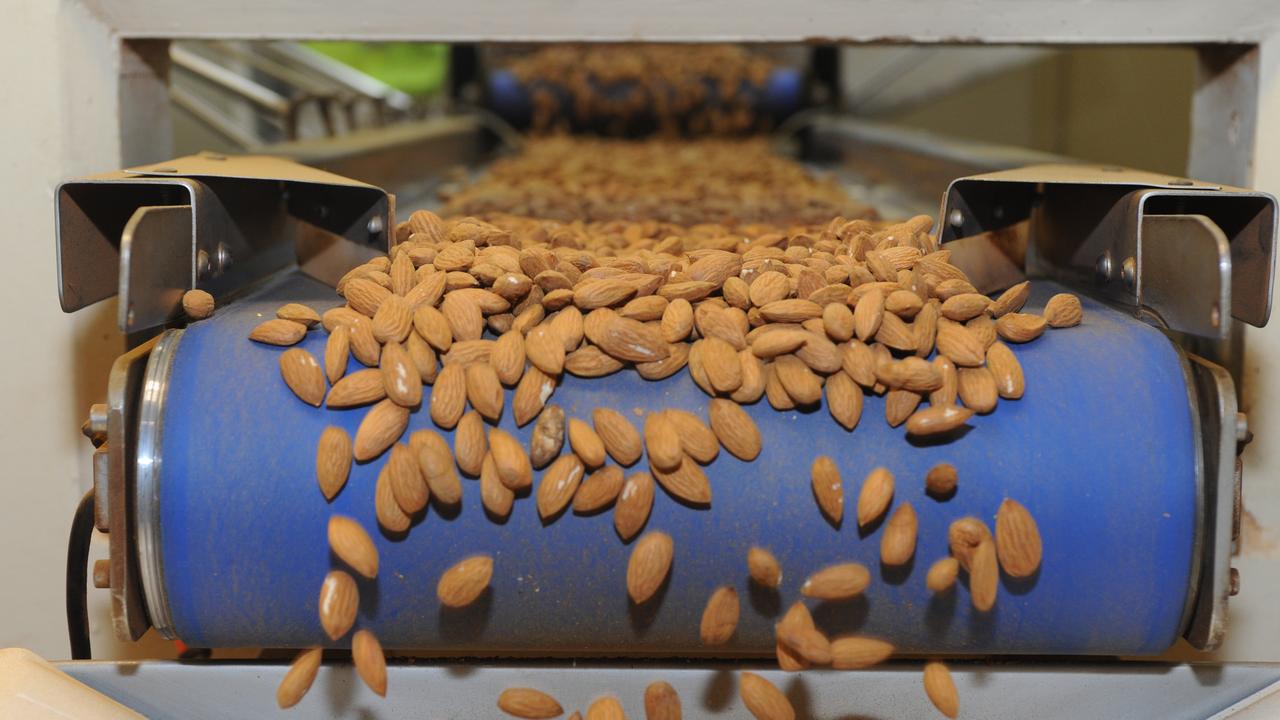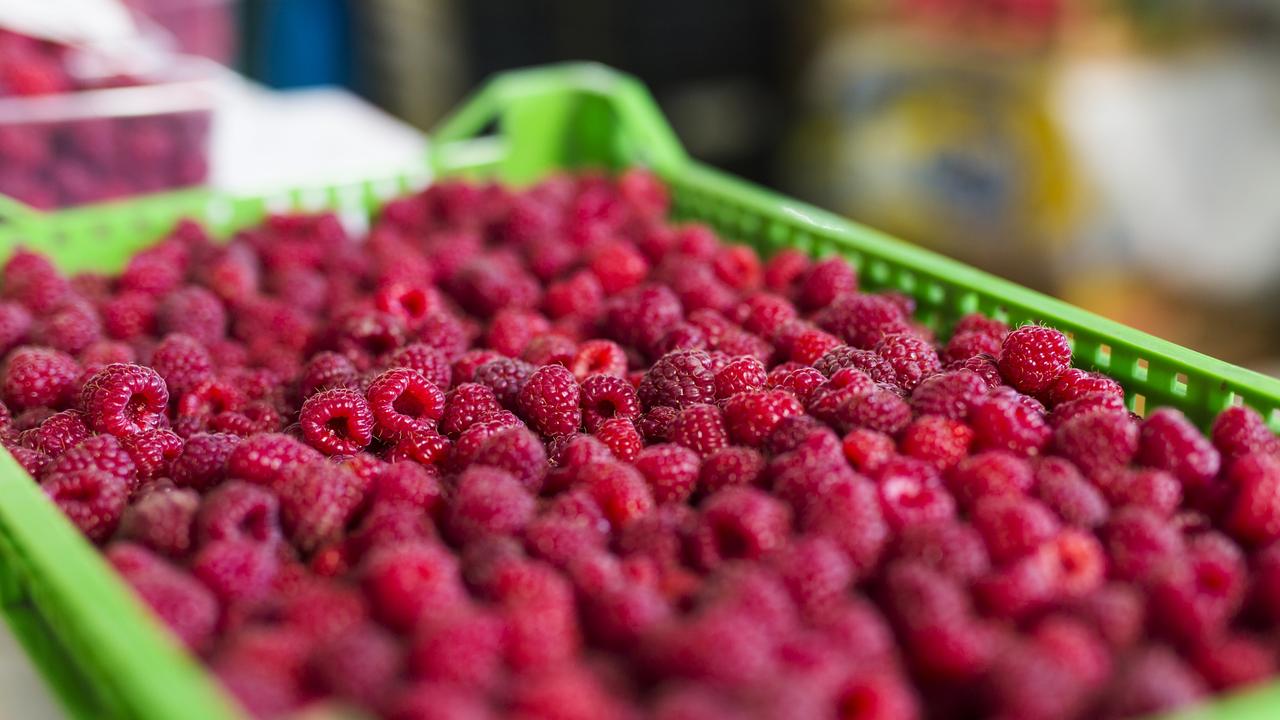Horticulture farmers fear losses due to tight airfreight capacity
Horticulture exporters are relying heavily on a Federal Government program to ensure their bountiful harvest makes its way to offshore markets this season.

DRASTICALLY reduced airfreight capacity could cost Australia’s horticulture industry millions of dollars if farmers are forced to send produce normally destined for overseas into the domestic market.
The disruption wrought on Australia’s airfreight sector by COVID-19 is expected to continue into 2022, with a return to pre-COVID levels not expected until 2024, according to the International Air Transport Association.
The brunt of the impact is expected to hurt industries that cannot turn to sea freight given their fragility or shorter shelf life, like cherries, berries, mangoes and summer fruits, but vegetables are not immune.
Chief executive of Fresh Select — Australia’s biggest fresh vegetable producer — John Said said his exports were down by about a third since March.
And while the Federal Government’s International Freight Assistance Mechanism has helped by securing and subsidising commercial freighters to most major export markets such as Singapore and the Middle East, the frequency of the flights fell well short of pre-COVID-19 levels.
“We’d be sending stuff to Singapore and Hong Kong every day, and we would also back that up with sea freight activity, (but) now all we have to rely on is the odd airfreight leg put out there by the government, which is fantastic and a great alternative, but not the frequency we had prior to March,” Mr Said said. “And that’s where the loss is predicated, dumping all that excess stock on the (domestic) market.”
Given a COVID-19 vaccine was still some time away, Mr Said said it was unclear what the solution was, but flagged a reduction in plantings if the status quo remained for the next few years.
Cherries Australia president Tom Eastlake said while their season was yet to begin, growers were working hard to secure enough airfreight well in advance this year to capitalise on what many are predicting to be a big crop.
“It’s all about industry preparedness. We’re an air-reliant export industry so I’m not going to say I’m not concerned, but having said that I think we’re a mature enough exporting industry that we’ll be able to supply all markets this year,” Mr Eastlake said.
He said IFAM would be the principle mechanism growers would use to ensure between one third and half of Australia’s cherry crop could reach offshore markets this season.
Since April, IFAM has subsidised more than 5000 outbound flights. The program gives exporters a rebate to bring the cost of airfreight down to pre-COVID levels, ensuring the viability of the trade.
MORE
FEDERAL GOVERNMENT EXTENDS INTERNATIONAL AIRFREIGHT PROGRAM
AUSTRALIAN EXPORTS SUBSIDISED WITH GOVERNMENT AIRFREIGHT PACKAGE



